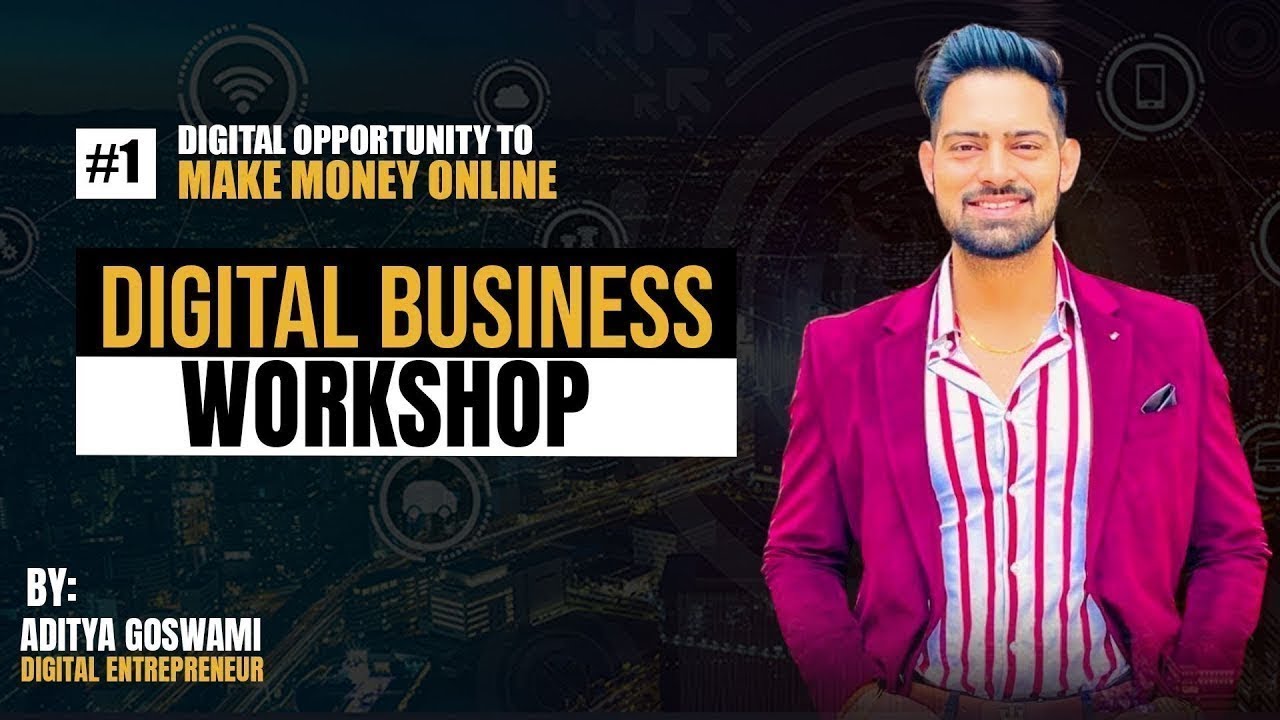Can YOU Leave a 9-5 job for Photography in 2024?
Summary
TLDRIn this video, the speaker shares his journey from a 9-to-5 job as a project manager to becoming a professional photographer. He candidly discusses the financial struggles and stress of making the transition, emphasizing the importance of saving a year's salary and operational costs before quitting a stable job. He advises cutting overheads, investing in essential gear, and building a portfolio with a basic kit. The speaker also recommends starting a part-time job to support oneself during the transition and stresses the need for continuous savings to buffer against unforeseen events, reflecting on the lessons he learned the hard way.
Takeaways
- 📈 Prioritize saving a year's salary and operational costs before making the transition to a photography career.
- 💸 Reduce overheads by eliminating unnecessary expenses like car payments and credit card debts.
- 📷 Invest in essential camera gear, focusing on 'need' over 'want' to build a functional and cost-effective kit.
- 🔧 Start with a basic kit to establish your photography business, avoiding the temptation to buy high-end equipment initially.
- 💼 Maintain a part-time job to supplement income and reduce financial stress during the early stages of your photography career.
- 📚 Learn from the speaker's mistakes, such as not saving enough and spending recklessly, to avoid similar pitfalls.
- 🏆 Build a strong portfolio with your basic kit to showcase your skills and attract clients.
- 🚫 Avoid the trap of constantly upgrading equipment; focus on improving your photography skills instead.
- 💪 Be prepared for long working hours and a lifestyle change, as building a photography business requires dedication and hard work.
- 💰 Continuously save and build a financial buffer to protect against unforeseen circumstances like a pandemic or personal crisis.
Q & A
What initial steps did the speaker take when transitioning from a 9-to-5 job to a photography career?
-The speaker left his professional job, rented a cheap studio, and started working as a photographer, despite the initial stress and financial challenges.
What was one major mistake the speaker made during the transition to a photography career?
-The speaker did not save enough money beforehand and jumped into the new career without sufficient financial preparation, leading to significant stress and financial instability.
What would the speaker do differently if given another chance to transition to a photography career?
-The speaker would save a year's salary and operational costs, reduce overheads, and ensure they had all necessary photography gear before leaving their job.
Why does the speaker emphasize the importance of saving money before transitioning careers?
-Saving money provides a financial buffer to cover living and operational costs during the initial, often unstable, phase of a new career, reducing stress and allowing for better focus on building the business.
What type of photography gear does the speaker recommend starting with?
-The speaker recommends starting with essential gear: two identical camera bodies, three lenses, necessary lights plus one spare, light stands, tripods, and basic modifiers.
What is the speaker's view on purchasing high-end photography equipment when starting out?
-The speaker advises against buying high-end equipment initially, suggesting instead to invest in necessary, reliable gear to prove the business concept before upgrading.
What additional job strategy does the speaker recommend while transitioning to a photography career?
-The speaker recommends taking on a part-time job during evenings and weekends to ensure a steady income while building the photography business.
How does the speaker suggest managing overhead costs when starting a photography career?
-The speaker suggests minimizing overhead costs by eliminating unnecessary expenses like expensive car payments and credit card debt, and living frugally.
What long-term financial strategy does the speaker advocate for sustaining a photography business?
-The speaker advocates for continually saving money to build a financial buffer, aiming for up to three years' worth of savings to safeguard against unforeseen events.
What lifestyle changes does the speaker mention as necessary when starting a photography career?
-The speaker highlights the need to work long hours, reduce social activities, and live frugally to successfully transition and sustain a career in photography.
Outlines

このセクションは有料ユーザー限定です。 アクセスするには、アップグレードをお願いします。
今すぐアップグレードMindmap

このセクションは有料ユーザー限定です。 アクセスするには、アップグレードをお願いします。
今すぐアップグレードKeywords

このセクションは有料ユーザー限定です。 アクセスするには、アップグレードをお願いします。
今すぐアップグレードHighlights

このセクションは有料ユーザー限定です。 アクセスするには、アップグレードをお願いします。
今すぐアップグレードTranscripts

このセクションは有料ユーザー限定です。 アクセスするには、アップグレードをお願いします。
今すぐアップグレード関連動画をさらに表示

Once You Fully Surrender, The Shift Happens.

Elliott Erwitt I Photographer's Profiles

How I Became A Millionaire In My 20's (my story)

Online Income Generation by using Social Media Platforms By Aditya Goswami

Once I learned how to "let go correctly" I became a millionaire

Sofa Sessions: Conversations with Martin Parr - Alec Soth
5.0 / 5 (0 votes)
